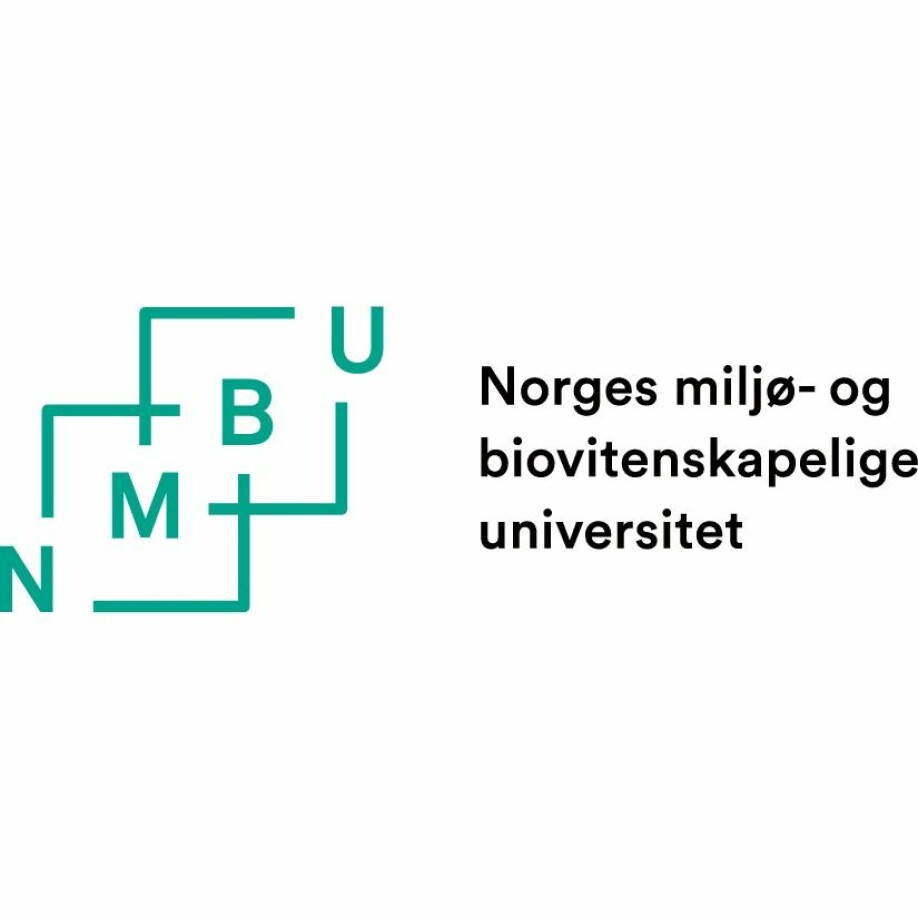Stilling:
Research scientists or Postdoctoral fellows within fundamental and applied enzymology
Application deadline: 18.02.2019

About the position
The Faculty of Chemistry, Biotechnology and Food Science (KBM) at the Norwegian University of Life Sciences (NMBU) has three vacant positions for research scientists at the post-doctoral level to study fundamental and applied aspects of enzymes, in particular redox enzymes, involved in the conversion of polysaccharides such as chitin and cellulose.
Successful candidates will be offered contracts for 2.5 or 3 years. The persons to be employed will be associated with the Protein Engineering and Proteomics (PEP).
The positions concern three projects that share certain aspects and that are all funded by the Research Council of Norway (NFR):
1. OXYMOD - Optimized oxidative enzyme systems for efficient conversion of lignocellulose to valuable products (NFR-Biotek program-Digital Life; https://digitallifenorway.org/gb/projects/oxymod). Here the focus is on mining the genomes of actinomycetes for LPMOs and other redox enzymes involved in biomass conversion and to study how different enzymes work together. The project includes enzyme engineering and computational modelling of individual enzymes and enzyme systems.
2. Unravelling the secrets of oxidative biomass decomposition (NFR-FriBioMed). In this highly fundamental project, we need a researcher who will study the impact of LPMOs on microbial behavior. In particular, using both biochemical and microbiological techniques, we will study how LMPOs and other redox enzymes contribute to the virulence of plant pathogens. We will also study how LPMOs act on natural (unprocessed) plant materials.
3. FunEnzFires - From fundamentals to valorization: Enzymatic oxidation of cellulosic fibers and underlying mechanisms (NFR-Bionær; part of the European ForestValue initiative; https://forestvalue.org/ ). In this project we will use LPMOs and other cellulose-active enzymes not to degrade cellulose but to refine and functionalize the cellulose fibers, in close collaboration with industry. This includes fundamental studies on how exactly LPMOs interact with an insoluble polymeric substrate such as cellulose.
In each project, the person to be employed will collaborate with other team members, including PhD students.
Main tasks
- Carry out high quality experiments needed to reach the project goals. These will for all three projects include:
- Production, purification and characterization of relevant enzymes.
- Advanced analysis of polysaccharides and their degradation products, primarily using chromatographic and mass spectrometry methods.
- Interacting efficiently with project members and other team members working on similar topics.
- Writing scientific publications.
Qualifications and skills
Required academic qualifications
- A PhD degree in an area of research that is related to the abovementioned projects
- Good scientific performance, documented by high quality scientific publications, including multiple first-authorships
- A combination of some of the desired qualifications listed below
Desired academic qualifications (relevance for the projects is indicated)
We are looking for candidates with the following experience:
- All projects (1,2,3)
- Protein purification
- Cellulases or chitinases and other cellulose- or chitin-degrading enzymes
- Bioanalytical chromatography
- Enzymology
- Projects 1 and 2:
- Gene cloning & protein expression
- Work with redox enzymes
- Project 2
- Genetic engineering of microbes
- Project 3:
- Work with polymers or fibers, and their characterization, preferentially, cellulose
- Advanced biophysical techniques (e.g. rheology, crystallography, FTIR)
Personal skills
We are looking for candidates who are:
- Hard-working, ambitious and accurate
- Creative and independent
- Willing to and able to learn
- Interested in international collaboration
- Proficient in both spoken and written English
- Social and collaborative
Remuneration and information
The positions are placed in position code 1352 Postdoctoral Fellow, wage framework 24 (salary grade 59-77) (NOK 515 200-731 400), or position code 1109 Researcher, wage framework 24 (salary grade 61-77) (NOK 534 100-731 400) on the Norwegian Government salary scale upon employment depending on qualifications. The positions follow ordinary meriting regulations.
For further information, please contact:
- Professor Vincent Eijsink; E-mail: Vincent.eijsink@nmbu.no; phone +4767232463
Application
To apply online for this vacancy, please click on the 'Apply for this job' button above. This will route you to the University's Web Recruitment System, where you will need to register an account (if you have not already) and log in before completing the online application form. If you have preferences for one or more of the projects, please indicate these in your cover letter.
Application deadline: 18.02.2019
Applicants invited for an interview will be asked to present verified copies of diplomas and certificates.
Up to ten publications selected by the applicant as most relevant must be attached to the application. If it is difficult to identify the contribution of the applicant in multiple-author publications, a short explanation about the applicant’s part of the work is suggested. These publications should reflect the academic qualifications asked for.
Printed material which cannot be sent electronically should be sent by surface mail to Norwegian University of Life Sciences, Faculty of Chemistry, Biotechnology and Food Science, P.O. Box 5003, NO-1432 Ås, within 18.02.2019. Please quote reference number 19/00369.






